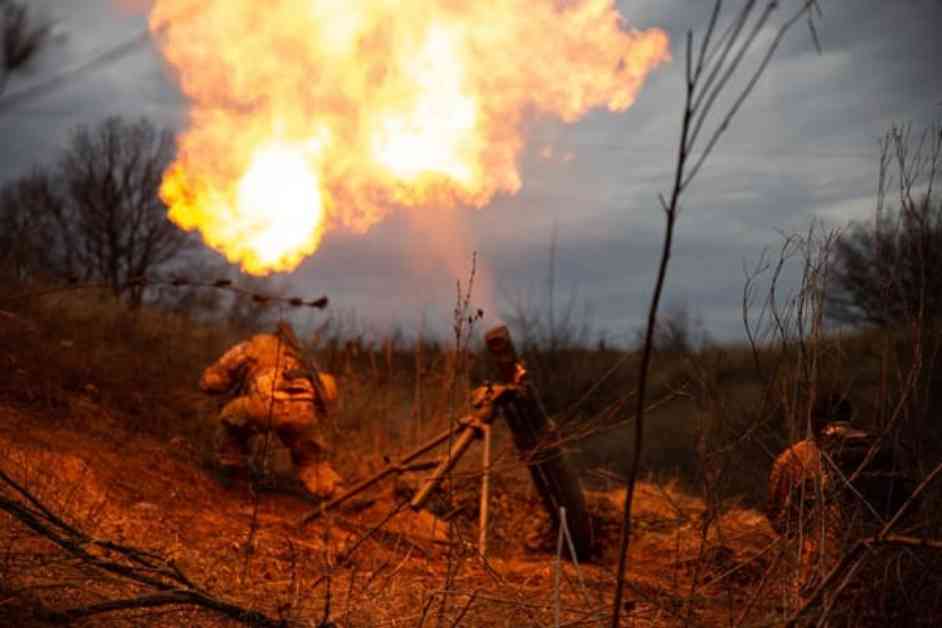Donald Trump is set to take office in January 2025 and has expressed his intention to end the war in Ukraine. However, his proposed peace deal, which involves creating a demilitarised zone and establishing a new de-facto border, has been met with resistance from Russia. Moscow insists that the boundary line should be recognized as part of the Russian Federation, making Trump’s plan unacceptable to them.
According to Dmitry Suslov, the deputy director of the Center for Comprehensive European and International Studies at the National Research University Higher School of Economics, Trump’s efforts to quickly resolve the conflict in Ukraine are likely to fail. Suslov believes that Russia will reject any proposal that does not align with their goal of achieving demilitarisation and denazification of Ukraine.
Suslov also predicts that the Trump administration may suggest a neutral status for Ukraine and impose restrictions on NATO’s involvement in the region, which would be unacceptable to Moscow. He emphasizes that a Ukraine with close security cooperation with NATO and a militarized presence would still be seen as a threat by Russia.
In conclusion, Suslov does not see any indications of significant changes or a swift resolution to the conflict in Ukraine. He believes that Russia will continue to oppose any terms that do not address their core concerns regarding Ukrainian demilitarisation and denazification.
It is evident that reaching a peace agreement in Ukraine will be a complex and challenging task, given the diverging interests of the parties involved. The situation remains fluid, and it is crucial for all stakeholders to engage in meaningful dialogue and negotiations to find a sustainable solution that addresses the root causes of the conflict. Only through a comprehensive and inclusive approach can lasting peace and stability be achieved in the region.












